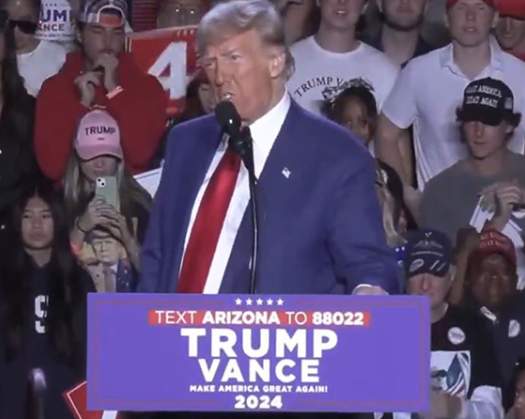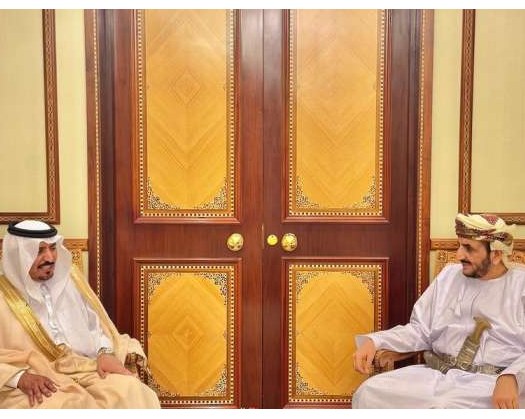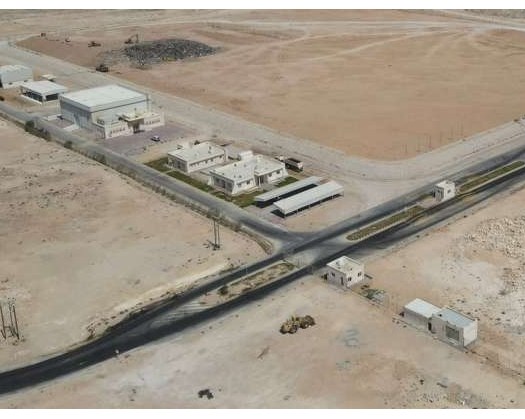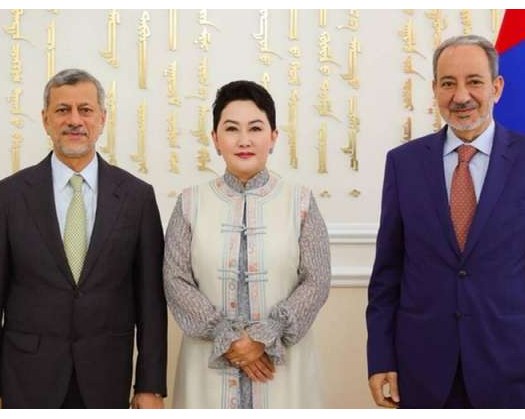New Delhi: As the United States presidential election draws near, investors across the globe are meticulously observing the electoral outcome in the world's oldest democracy. The results are poised to significantly influence India's economy, especially should there be a shift in the leadership's economic policy direction.
A report from PhillipCapital suggests that a victory for Donald Trump could result in more stringent policies on work visas, given his firm stance on immigration. This could pose significant challenges for Indian Information Technology (IT) firms.
However, the report also notes that, on the surface, the impact appears more severe should Trump secure the presidency, given his anti-immigration stance. Nonetheless, Indian IT companies have sought to mitigate this risk by increasing local hiring in markets, relying more on subcontractors, and establishing additional nearshore delivery centers.
In the automotive sector, the report indicates that there might be a temporary decline in demand for electric vehicle (EV) components from Indian suppliers, owing to potential cuts in EV incentives under Trump's administration.
Nonetheless, this could lead to a shift towards hybrid vehicles, thereby stabilizing demand in the medium term. Furthermore, Trump's infrastructure and manufacturing spending plans, which include the expansion of Class 8 trucks, are expected to benefit Indian manufacturers of auto components.
In the energy sector, Trump's preference for fossil fuels over renewables could result in an increase in U.S. crude oil and natural gas production, thereby driving down global energy prices. This could be advantageous for Indian refiners and consumers, while an increase in natural gas production could open up long-term contracting opportunities for Indian utilities.
Both Donald Trump and his running mate, Vice President Kamala Harris, have expressed support for a robust Indo-Pacific strategy, viewing India as a pivotal counterbalance to China. While Harris is anticipated to continue the emphasis on deeper defense cooperation under the Biden administration, Trump's strategy is likely to be more transactional, focusing on arms sales and strategic gains.
The report suggests that Vice President Kamala Harris is expected to uphold the Biden administration's focus on deeper defense cooperation, whereas Trump's strategy is likely to be more transactional, centering on arms sales and strategic objectives. Additionally, Trump's hardline stance on China is in alignment with India's strategic interests in countering China, potentially accelerating defense partnerships.
Concerning the commodities and metals sector, Trump's infrastructure spending plans, which could encompass projects like the construction of a border wall and the protection of domestic industries, are anticipated to boost demand for metals. His emphasis on fossil fuels is expected to lead to increased capital expenditure in the oil and gas sector, benefiting Indian manufacturers of metals and pipes.
Moreover, the report highlights that Trump's push for higher tariffs on Chinese goods could create opportunities for Indian sectors such as textiles, auto components, and consumer electronics, thereby enhancing their competitiveness in the U.S. market.
This shift could also encourage foreign direct investment (FDI) flows towards India as companies look for alternatives to China for manufacturing and investment.
The significance of the U.S. presidential elections is underscored by the country's economic stature and geopolitical influence. With the current Democratic president's four-year term coming to an end, the elections are scheduled for November 5th, and the outcome is poised to have profound implications for India and its economy.












